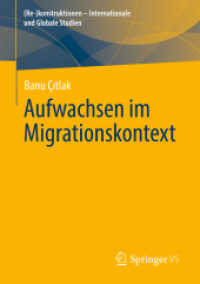Description
(Text)
On 9 November 1989, the Berlin Wall was opened, signalling the beginning of the end of the communist regimes in Central and Eastern Europe. By 1990, free elections had been held in most countries in the region. Forty - in some cases fifty - years of communism had come to an end. However, the 'revolutions' of 1989 were not uniform processes: the starting points were different, the trajectories were different - and outside Central Europe even the outcomes of the transitions from communism were different. The fall of communism also caused the Soviet empire to crumble, and the Soviet Union itself fell apart in December 1991 - as did Czechoslovakia in 1993, and Yugoslavia in a gradual process that was to last from 1991 to 2008. This book originated in a conference held in Oslo 11-13 November 2009, arranged by the E.ON Ruhrgas scholarship programme for political science, and commemorating the 20th anniversary of the 'revolutions' in Central and Eastern Europe. The 16 chapters take stock of developments after 1989, with special emphasis on the causes and effects of the transitions, including the processes of state unification and separation that followed in the wake of the 'revolutions'. The book is divided into four main parts: regime transitions from communism; state unification and separation; party system continuity and change since 1989 (in Germany, the Czech Republic, Hungary, and Poland); and on the effects of German unification on external and internal German relations. The geographical scope thus varies from chapter to chapter, but the main emphasis is on Germany and its closest Central European neighbours.Elisabeth Bakke is Associate Professor at Department of Political Science, University of Oslo. Ingo Peters is Associate Professor at Department of Political and Social Sciences, Otto Suhr Institute of Political Science, Freie Universität Berlin.








